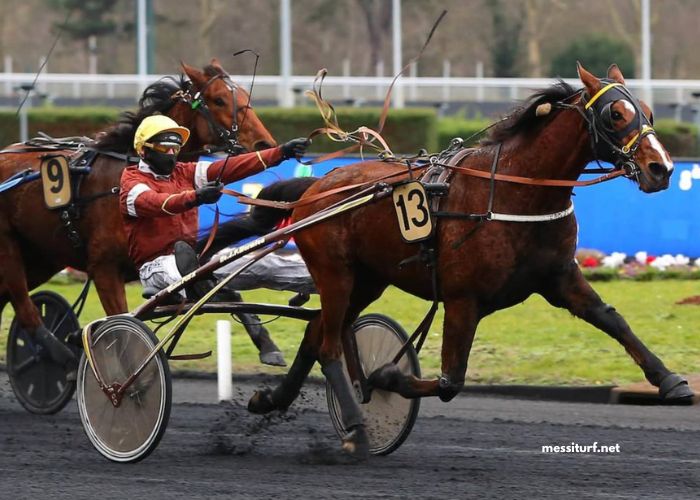Sports have been an integral part of human society since the dawn of civilization, serving as a source of entertainment, physical fitness, and community bonding. The journey from ancient games to the highly organized and commercialized global sports industry of today is a fascinating tale of cultural evolution, technological advancements, and societal changes. Discover the latest news, results, and tips on Babaijebu – your ultimate online destination for all things related to this popular lottery game.
Ancient Origins
The earliest records of organized sports date back to ancient civilizations such as Egypt, Greece, and China. In ancient Egypt, sports like wrestling, archery, and javelin throwing were popular, often depicted in tomb paintings and sculptures. These activities were not just for recreation but were also a means to prepare for war and hunting.
Ancient Greece is often credited with formalizing sports through the establishment of the Olympic Games in 776 BCE. These games, held in Olympia, included events such as running, long jump, shot put, and discus throw, and were dedicated to the gods, particularly Zeus. The Olympic Games fostered a spirit of competition and camaraderie among the Greek city-states and laid the foundation for the modern Olympic movement.
The Middle Ages and Renaissance
During the Middle Ages, sports in Europe were largely influenced by the feudal system and the church. Jousting, archery, and hunting were popular among the nobility, while the common people engaged in folk games such as football, which was more akin to a chaotic brawl than the organized sport we know today. The Renaissance period brought a renewed interest in physical fitness and classical ideals, leading to the revival of some ancient sports and the introduction of new ones.
The Birth of Modern Sports
The 19th century marked a significant turning point in the evolution of sports. The Industrial Revolution brought about societal changes that allowed more people to have leisure time, and advancements in transportation and communication facilitated the organization of sports events. Britain played a crucial role during this period, standardizing rules and organizing competitions for sports such as soccer (football), cricket, rugby, and tennis. The establishment of clubs, associations, and governing bodies laid the groundwork for the professionalization of sports.
The revival of the Olympic Games in 1896 by Pierre de Coubertin was a landmark event that symbolized the global reach of sports. The modern Olympics, held in Athens, featured athletes from 14 countries competing in various disciplines, reigniting the spirit of international competition.
The 20th Century and Beyond
The 20th century saw the rapid growth and commercialization of sports, driven by technological advancements in broadcasting, transportation, and equipment. The advent of radio and television brought sports into the homes of millions, transforming athletes into global celebrities and sports events into major spectacles. The FIFA World Cup, first held in 1930, and the Olympic Games became the pinnacle of international sports competitions, attracting participants and viewers from all corners of the globe.
The latter half of the 20th century also witnessed the breaking of racial and gender barriers in sports. Pioneers like Jackie Robinson, who broke Major League Baseball’s color barrier in 1947, and Billie Jean King, a champion for gender equality in tennis, paved the way for a more inclusive sports world. The establishment of Title IX in the United States in 1972 further promoted gender equality by ensuring equal opportunities for women in sports at educational institutions.
The Modern Era
Today, sports are a global phenomenon, deeply embedded in the cultural fabric of societies worldwide. The rise of digital media has further revolutionized the way sports are consumed, with fans able to follow their favorite teams and athletes in real-time through various platforms. Esports, or competitive video gaming, has emerged as a new frontier, attracting millions of participants and spectators, and blurring the lines between traditional sports and digital entertainment.
The business of sports has also reached unprecedented heights, with lucrative sponsorship deals, broadcasting rights, and merchandising contributing to a multi-billion-dollar industry. Mega-events like the Super Bowl, the Olympic Games, and the FIFA World Cup not only showcase athletic excellence but also serve as platforms for cultural exchange and global unity.
Conclusion
The evolution of modern sports from ancient games to a global phenomenon is a testament to their enduring appeal and their ability to adapt to changing times. As we look to the future, the continued growth and transformation of sports will undoubtedly reflect broader societal trends, technological advancements, and the universal human desire for competition, achievement, and community.




